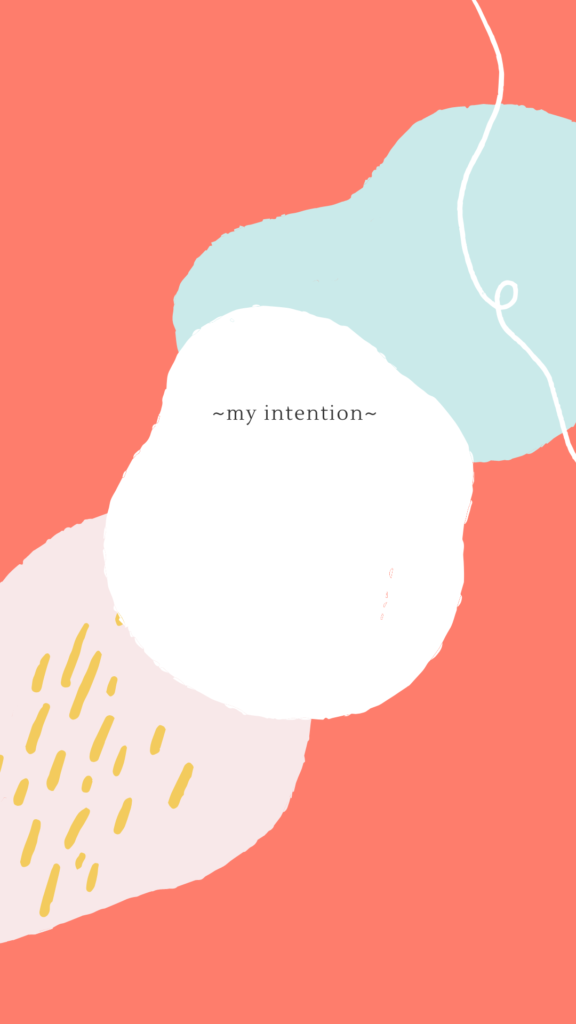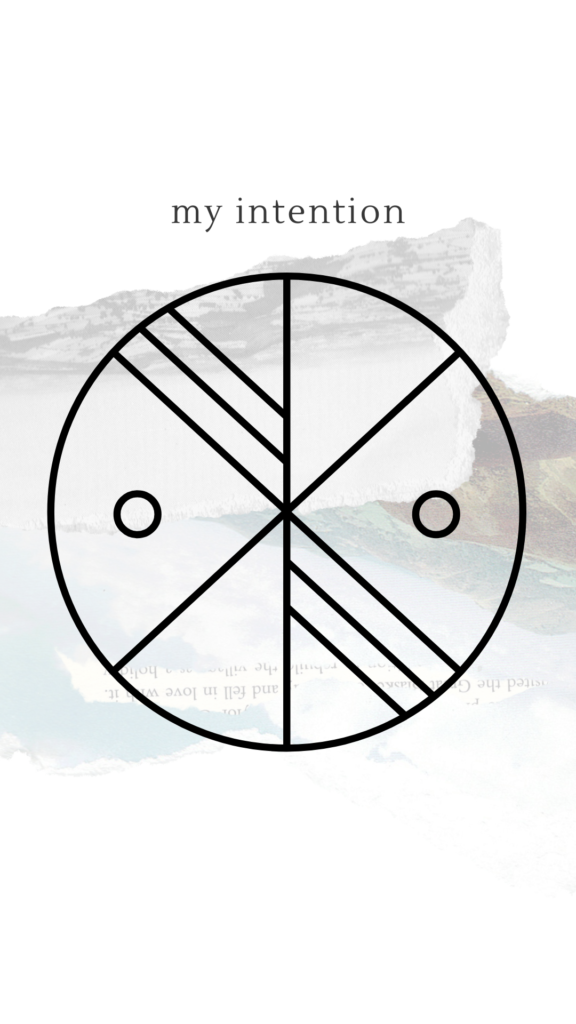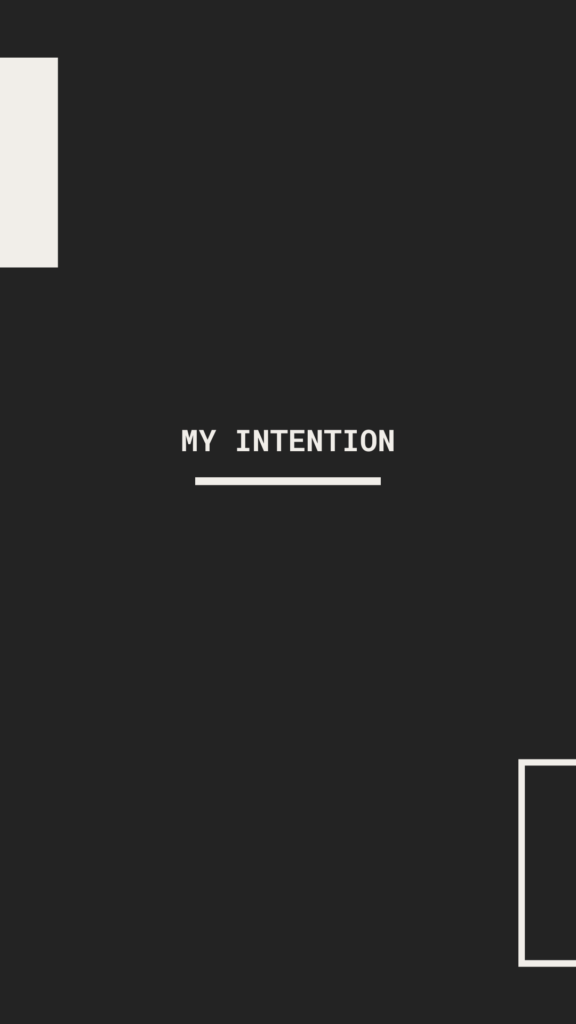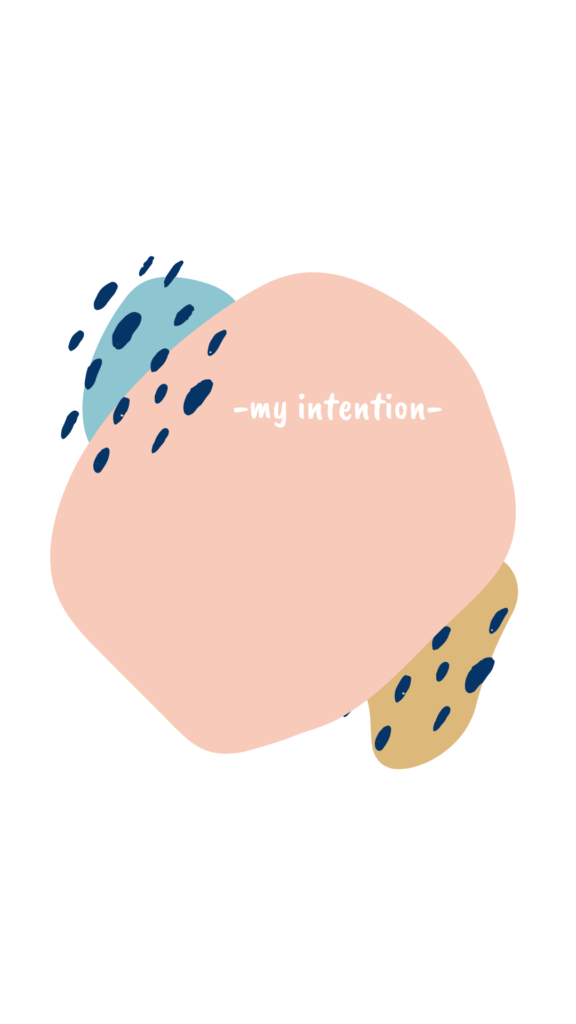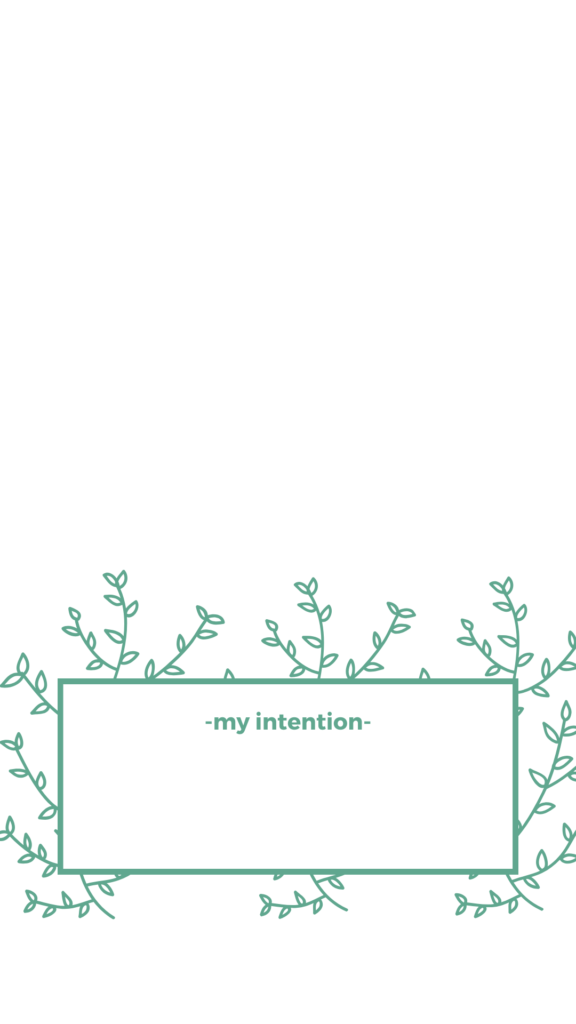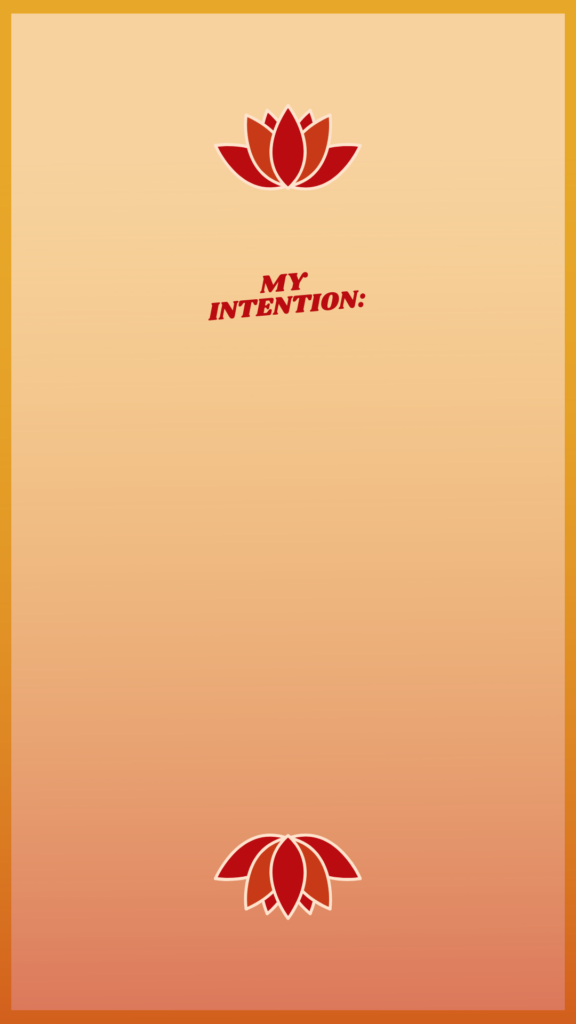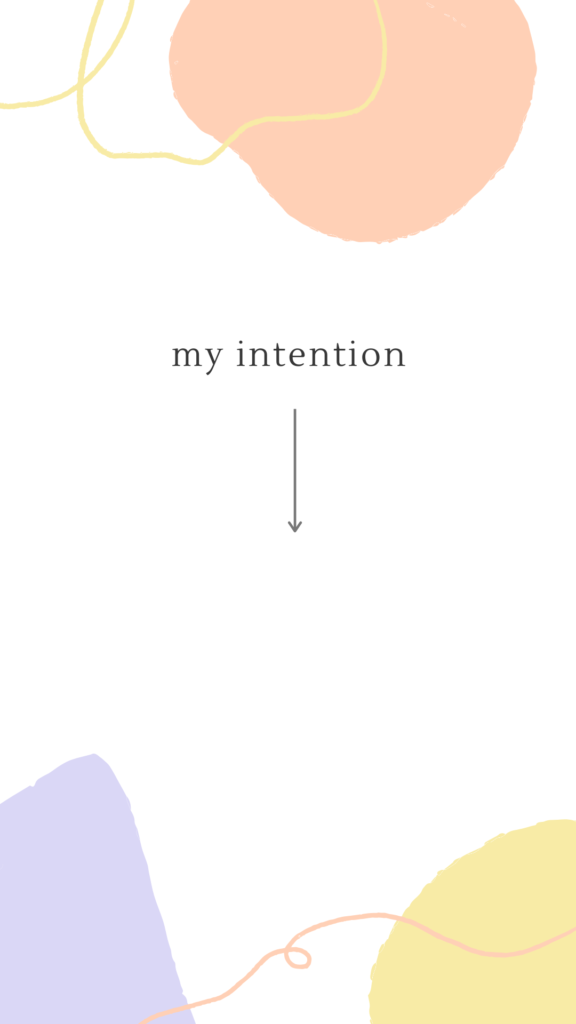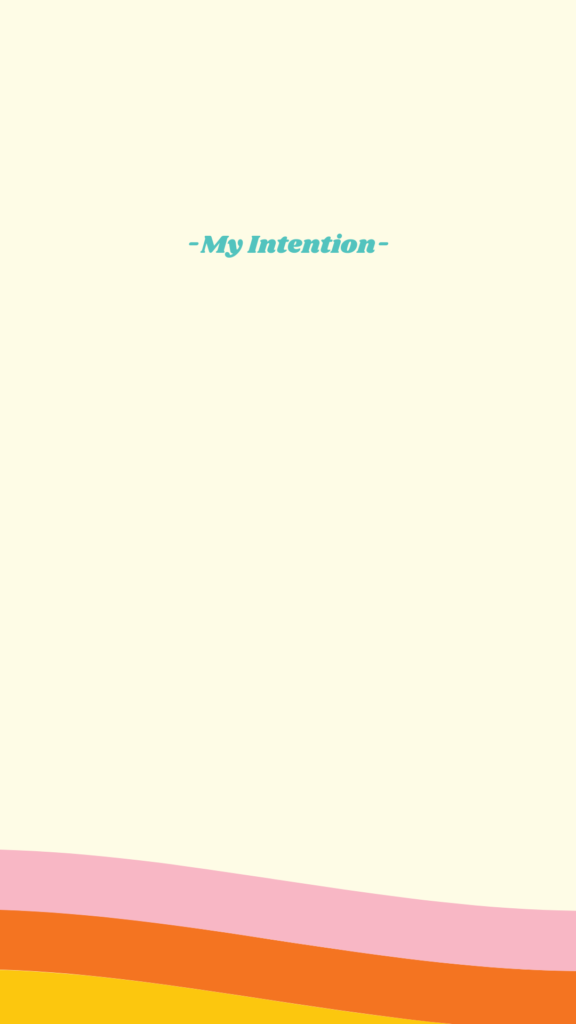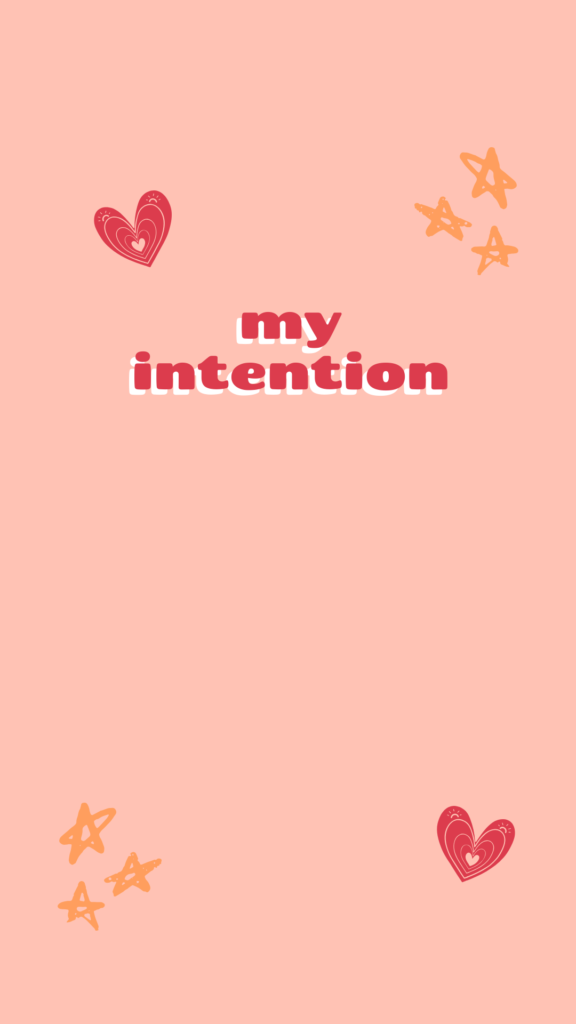Click on any of the images below to download! They are optimized for an iPhone background, but can be resized as needed.
intuition
Tools for Embracing Your Off-Season

Taking off-seasons from training is incredibly important. Our body and our minds need time to rest and recover. Really, they NEED it. And if you’re like me and have tried your best to run *literally* from them, well then, your body will put you in check without your consent via injury, mental burnout, or illness.
As I’m sure you’ve heard me say 101 times by now on this blog, I spent years fighting my body. Taking a DAY to rest felt like a failure, not to mention taking weeks to rest. Eventually my body would hit a breaking point and I’d be forced into a sedentary state by an injury. Or my mind would burn out from the daily strain and I found myself with NO motivation to move for months at a time. The result was always the same: a mixture of guilt, failure, and shame that made it nearly impossible to get back into the gym.
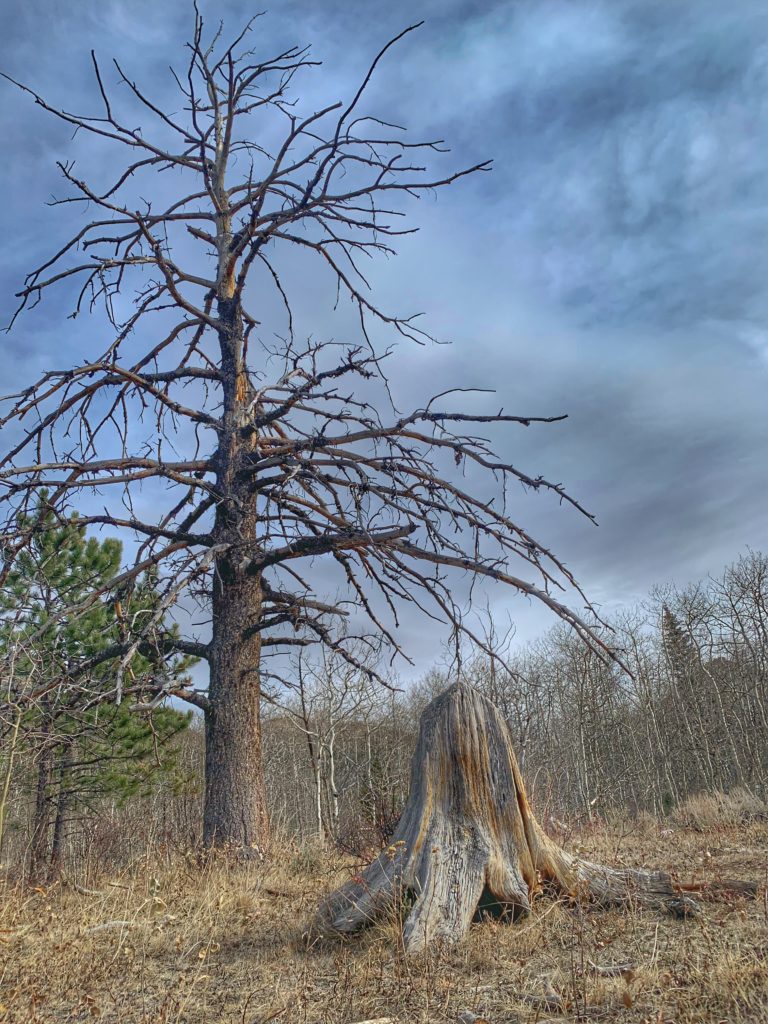
Now let’s fast forward to today, where I listen to my body instead of my ego. Now when I need a rest day(s) here and there, I take it. And when my body is feeling tired or my mind is feeling weak, I take a couple weeks off or I change my training entirely.
And guess what? I’m stronger, faster, and CALMER than ever.
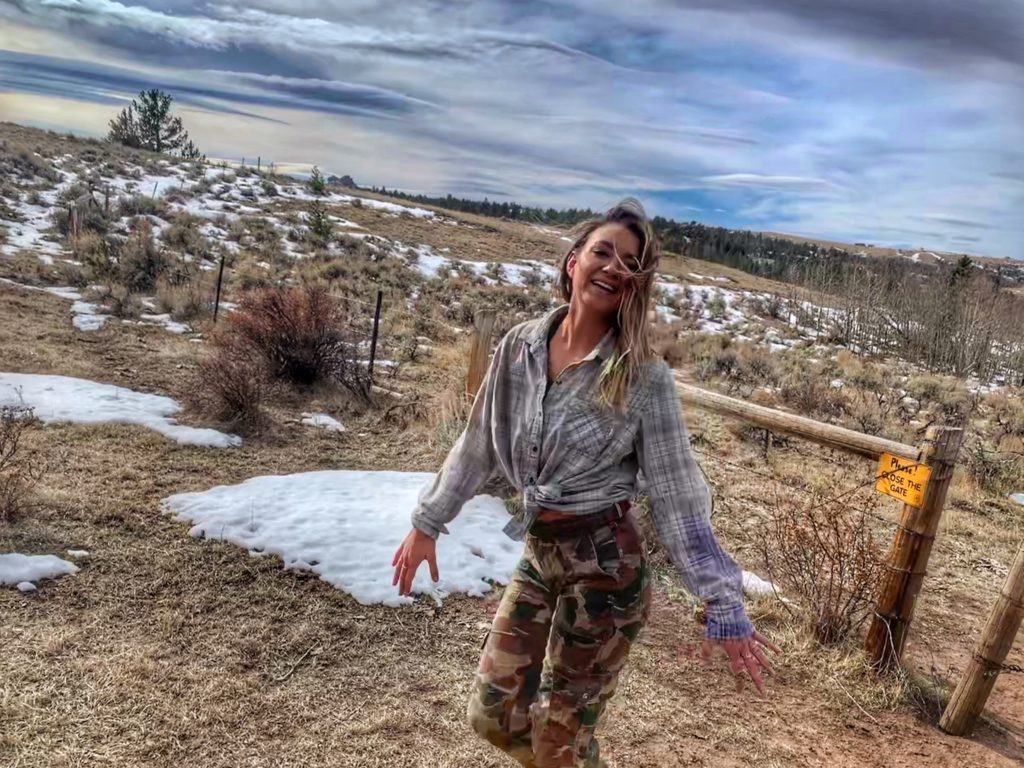
Look, I still get occasional injuries in my training that leave me feeling stuck and frustrated, but I have worked hard to develop tools that allow me to EMBRACE the break instead of beating myself up over it.
Because at the end of the day, it’s no secret that periods of rest are beneficial to the body. Studies show consistently that athletes who periodize their training see improved performance, increased muscles gains, and a decrease in body fat.
Every peak needs a valley, or it isn’t a peak at all! Whether the break your taking is intentional or not, you can use the following tools to embrace the off-season and make yourself stronger than ever.
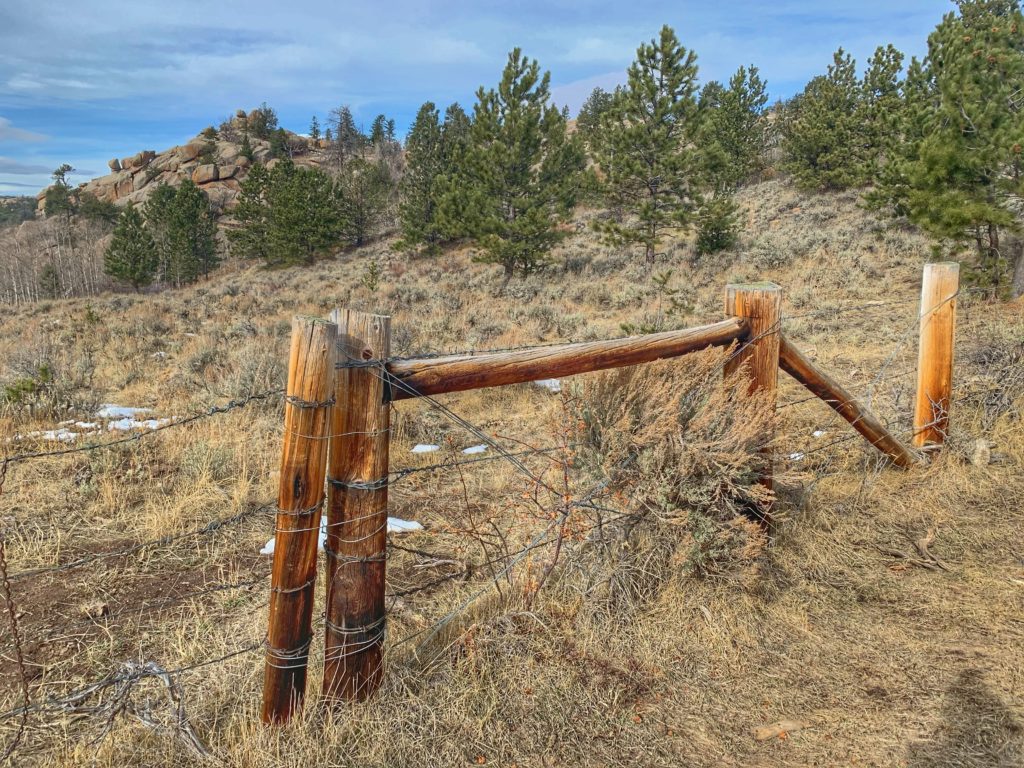
TOOL #1: Shift your focus to non-fitness related wellness
When I am training intensely, I’m spending around an hour at the gym 5 days a week. If you consider the gym-prep, transportation, and post-gym routine, that’s at least two hours a day that I’m dedicating to the gym.
That’s AT LEAST 10 hours a week.

THAT’S A LOT OF HOURS!!
When I die, I really don’t want my tombstone to read: Grit Phillips spent a lot of time at the gym. So when I take a break from the training, I really try to focus that energy on other aspects of my life. Take the extra hours to call or visit good friends. Volunteer in your community. Learn a new skill. You won’t feel guilty about missing your daily run if you’re helping a friend through a hard time or busting out some new tunes on the piano, I guarantee it. There are more ways to grow than physically, and your off-season is the perfect way to explore what growth can look like for you.
TOOL #2: Reflect on your previous training season
This is particularly useful when I am “forced” into an off-season. If I’m injured or if I am completely lacking motivation, it’s really important to reflect on why that has happened, so I don’t repeat the same mistakes in the future.
Sometimes I am pushing myself too hard and overriding my body’s queues. Sometimes I’m performing moves that are outside of my skill level. Sometimes my goals are not suited to my lifestyle. No matter the reason, it’s OKAY TO ADJUST. I got 99 goals but hurting myself ain’t one, like what.
Figuring out what works for you and what doesn’t is an extremely powerful tool. Look back at what went well, be grateful for those things, and jot them down for future use. Look back at what went wrong, think about why that happened, and jot those down too. This will be extremely useful for future training (CLIFF HANGER AMIRITE).
TOOL #3: Recover
Okay I know this one is kind of obvious, especially if you’re injured, but it’s also shockingly easy to forget. Every time you workout, you’re LITERALLY tearing your muscles. So OF COURSE your body needs extended periods to recover and strengthen!
And it’s hella important to remember that this goes beyond your muscles. Your brain (and entire central nervous system tbh) needs time to recover. A hard workout takes a lot out of you. Sometimes setting PRs is truly scary. Will I get this barbell over my head? Or will I be rushed off to the hospital in an unconscious state? YOUR GUESS IS AS GOOD AS MINE.
This all takes a toll on the central nervous system, which takes FIVE TIMES as long to recover from stress than your muscles. So if your body needs a day to rest every week, then REALLY your mind needs 5. FIVE. That adds up real quick friends.
So instead of adding to that mental stress by beating yourself up over taking some time off, high-five your CNS. Give her a big hug. Tell her how much you appreciate her. And trust me, come your next training season, you will be greatly rewarded.
TOOL #4: Set a solid foundation for new and exciting goals
I saved this one for last because it is truly deeply my absolute favorite one. Setting new goals is SO EXCITING and who doesn’t love putting together a good plan 😊 😊

Remember those items we jotted down as a part of Tool #2? Well now these come into play. Write down your new goal and what steps you need to take to get there. Think about what worked for you in your last training season and incorporate those things into your new plan. Look at your schedule and set realistic times during which you can work towards your new goal. You’ll be so excited to get started that by the time your rest period ends, you won’t even think twice about the time you took off.
So why beat ourselves up? We are just giving our body the recovery that it needs 😊 And when it’s time to get back into a training routine? Well there’s some tried and true tools for that too, and we will go over them in the next post in this series! Stay tuned, friends 😊
